That a considerable number of Maltese priests, religious sisters and lay people have engaged in missionary activity overseas is arguably a well-known fact. But the extent of this missionary activity – and what it entails – is largely unknown.
This is what compelled one missionary, Fr John Caruana, to compile an exhaustive record of his colleagues’ work.
“It has long been a dream of mine,” the 73-year-old priest explains, recalling how some 50 years ago, he had been surprised at finding out the extent of Maltese missionary activity overseas.
“I said to myself that someone had to stop and collect all of their stories, and in the end, it was up to me to do so.”
Fr Caruana had himself become a missionary in 1984, when he moved to Brazil, but he spent two and a half years in Malta to compile his book, with the help of the Missions Office and retired headmaster Vincent Cachia, whose help in writing the book leads Fr Caruana to credit him as a ghost author.
He contacted countless Maltese missionaries in the process, noting that these were only too happy to collaborate. Many missionaries come to Malta periodically, to rest, catch up with loved ones, and raise funds for their overseas work; although in some cases, contact was made via email.
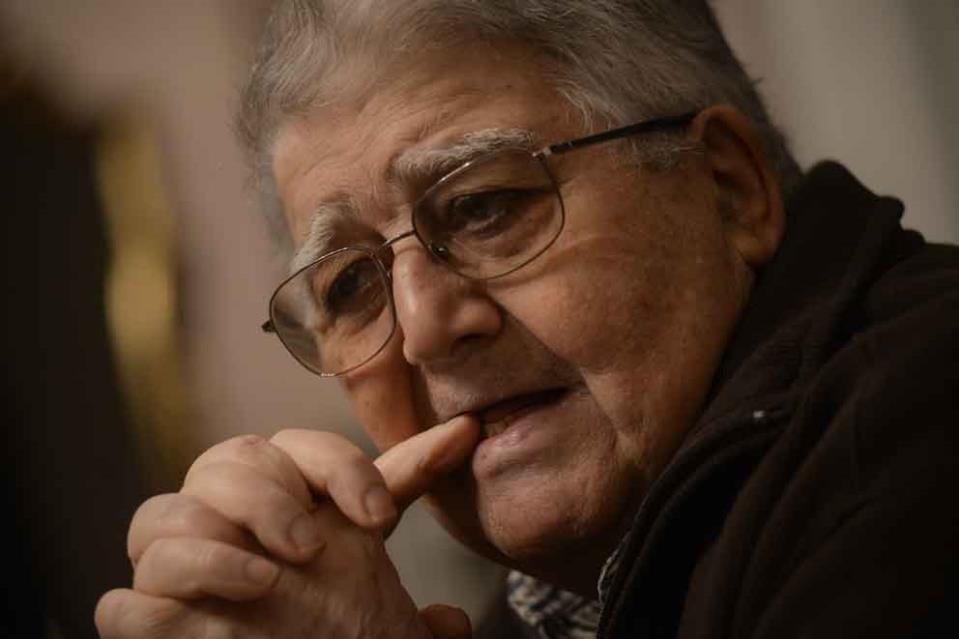
“Missionaries have a story to tell, but they often lack the time or opportunity to tell it,” he explains, although he clarifies that Maltese missionaries enjoy great respect in their home country.
Fr Caruana ended up compiling the most exhaustive record of their missionary activity so far. The book is made up of 71 chapters, and each chapter covers a different country: Malta is included to provide an account of locally-established missionary societies.
Asked whether any experiences he came across in his work surprised him, despite his own lengthy experience as a missionary, Fr Caruana admits to have been moved to tears as he realised how some of his colleagues had suffered.
“I feel I have been in a picnic when compared to the suffering of others,” he maintains.
The achievements of local missionaries overseas are many, and Fr Caruana mentions a few examples during the interview.
In the Brazilian state of Paraíba, Gozitan priest John Mary Cauchi worked with the Brazilian church’s Pastoral Commission of Land to acquire land for 5,000 peasant families in the face of a military dictatorship which favoured powerful landowners. In the process, Fr Cauchi suffered harassment at the hands of police and the courts and even attempts on his life.
Halfway across the globe, in Pakistan, Maltese religious sisters worked to assist tiny Catholic communities which were subject to persecution that was often encouraged by the state. At one point, the school that they had set up had been seized by the government: it was eventually returned to them in a dilapidated condition, forcing them to start anew.
It is only appropriate that Fr Caruana’s own experiences were included in the book, although the priest remains modest about his own achievements, stating that he was simply standing on the shoulders of others who came before him.
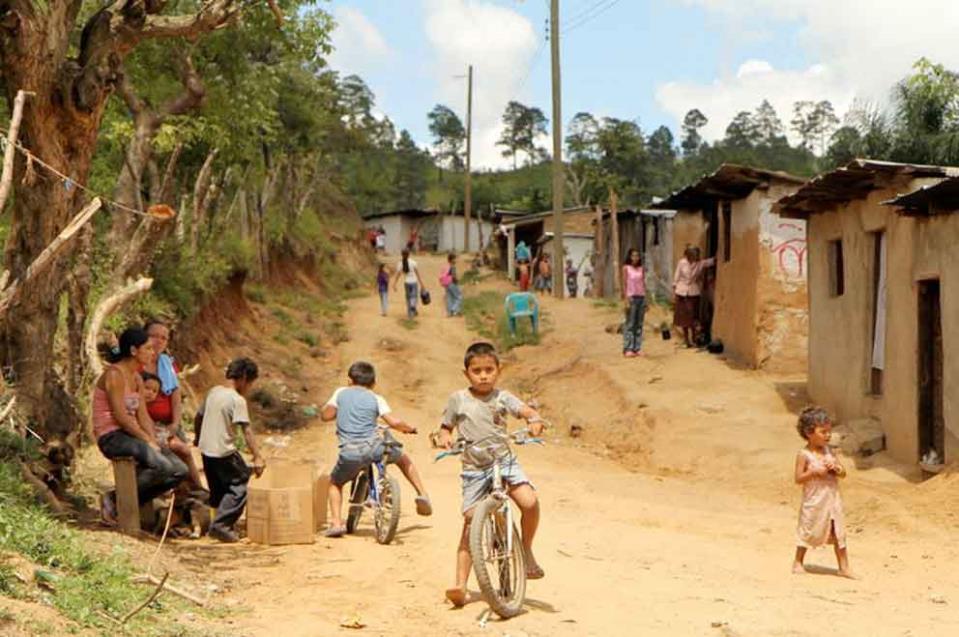
Serving as a priest and community leader
Becoming a missionary has been a lifelong ambition for Fr Caruana, he admits.
“To me, joining the priesthood was a means to becoming a missionary,” he recounts.
The Mosta native states that his environment may have played a key role in this, pointing out that the Jesuits – who are very active in the field of missionary work – have had a strong presence in his hometown.
“When I was young, I remember that there would be celebrations whenever a missionary left the town. The environment obviously helps, we are ‘victims’ of our environment; it can help or hinder you,” he maintains.
But while Fr Caruana was ordained into the priesthood in 1967, he ultimately had to wait seventeen years before he could fulfil his life’s calling.
There were various reasons for this, including the need to take care of his ailing parents. But moving to Brazil was also no easy task while the country was being ruled by a military dictatorship.
In 1984, however, the Brazilian embassy in Libya, which was responsible for Malta at the time, finally issued the visa he had been waiting for, and Fr Caruana has not looked back since.
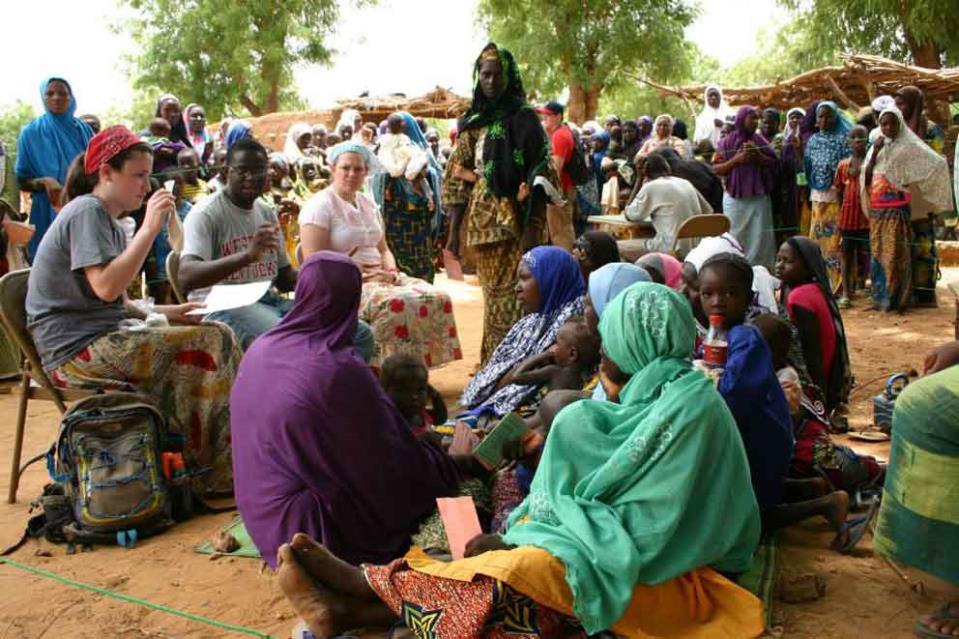
Fr Caruana notes that missionaries were advised to serve in peripheral areas, where they were most needed, and his own destination was Sarandi, a recently-established and fast-growing suburb of the city of Maringá in the southern Brazilian state of Paraná.
The town already had a population of around 40,000 people when he arrived – its population has since more than doubled – and its growth, he explains, was fuelled by large numbers of peasants who were migrating to urban areas to find jobs.
These internal immigrants, Fr Caruana adds, were victims of a lack of land reform which left them at the mercy of powerful landowners – the same injustice that spurred Fr Cauchi’s own efforts.
Moving to suburbs such as Sarandi provided these families a more affordable alternative to living in city centres, and in such circumstances, widespread poverty was inevitable.
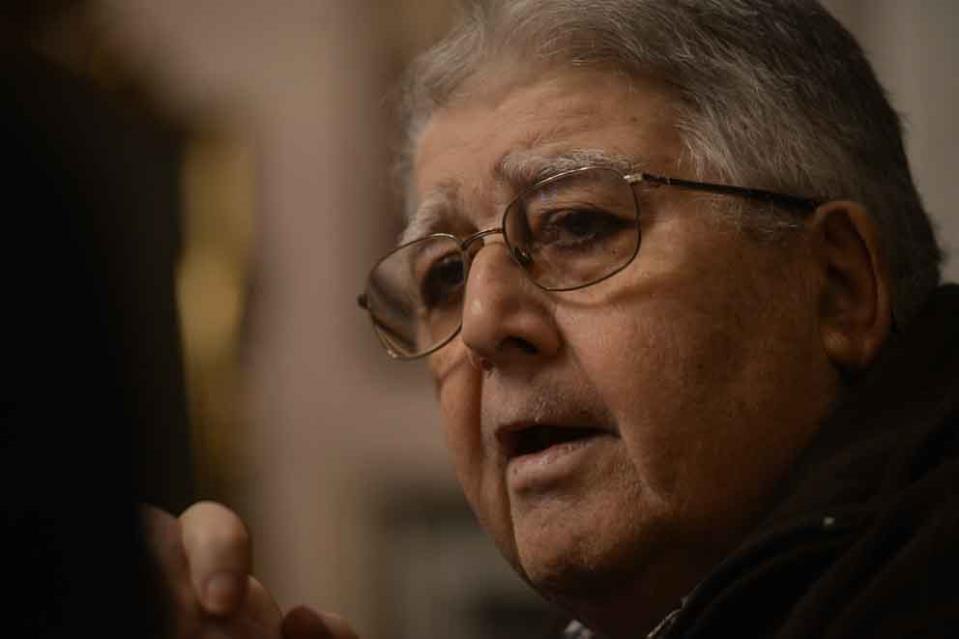
Fr Caruana became the second parish priest of the Nossa Senhora dos Gracias parish in Sarandi: its first, as it happens, was another Maltese priest, Birkirkara native Vincent Costa, who is presently the bishop of Jundiaí. Maltese missionaries had established a strong presence in the north of Paraná at the time, he notes.
In such circumstances, inevitably, serving as a priest involved a social as well as a pastoral element.
Helping to develop a sense of community, Fr Caruana explains, was a key challenge given the situation. Many of his parishioners had left their homeland to an uncertain future, he notes, and the risk that they could end up in the wrong path was present. He points out that Brazil’s favelas were, like Sarandi, largely the result of a rural exodus spurred by an unjust distribution of land.
Fr Caruana notes that he involved himself in Sarandi’s social life, keeping in close contact with trade unions and closely following the Landless Workers’ Movement, which was formed shortly before his arrival in Brazil and which prioritises agrarian land reform.
The situation in Sarandi, Fr Caruana notes, has improved considerably since his arrival, with poverty considerably less prevalent. The local church has also flourished: Fr Caruana started out as the town’s sole priest, but the growing town has since been divided into four parishes.
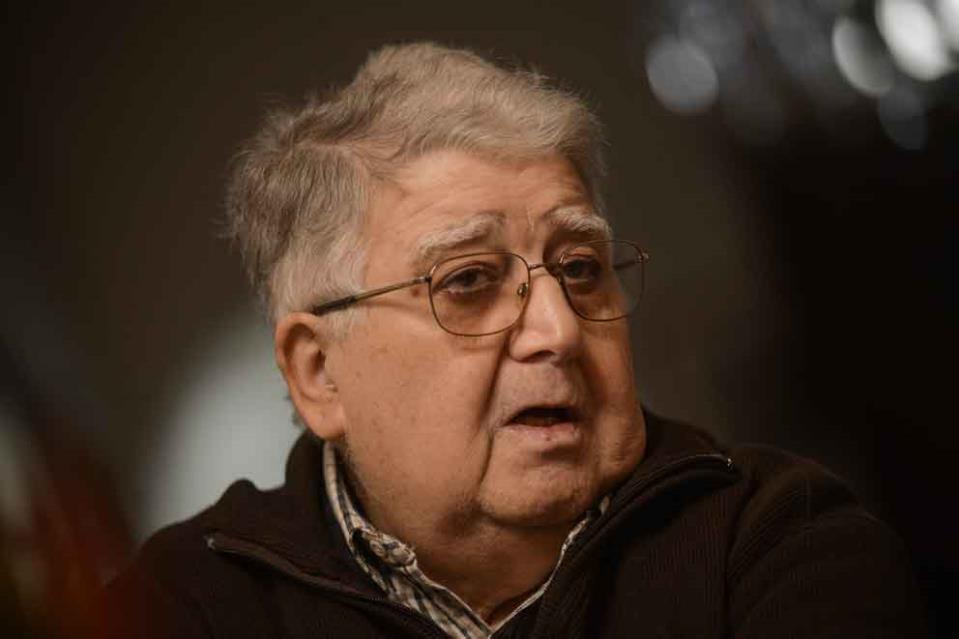
Fr Caruana also spent two years in Guajará-Mirim, a city in the Brazilian state of Rondônia in the Amazon region, whose diocese is twinned with the diocese of Maringá, before coming to Malta to work on his book.
A substantial proportion of Maltese missionaries have ended up in developing countries, but Fr Caruana emphasises that his book seeks to provide an account of every missionary activity overseas.
Maltese priests, he points out, have also helped out in areas where Catholic priests are hard to come by, such as in Norway.
A significant chapter of Maltese missionary activity also saw them serve – as Fr Caruana himself did in Sarandi – a group of impoverished migrants seeking a better life: Maltese emigrants to Australia and Canada.
Fr Caruana points out that these priests provided essential assistance to the Maltese emigrants, who often left the country with no knowledge of the English language and with little ability to establish contacts and find employment.
Now that his book has been completed, Fr Caruana has returned to the Sarandi parish he helped grow; now serving as its vice-parish priest.
But he is planning to write a few more books, although this time, he plans to write in the Portuguese language that has practically become his mother tongue. His plan is to elaborate on his own experience this time round, but he also hopes to talk to and write about those advocating for land reform in his adoptive home: a cause he has clearly taken to heart.
The Maltese Missionary Experience: Go and Teach all Nations, a 386-page hardcover publication, is available for sale for €50 from BDL Distributors.